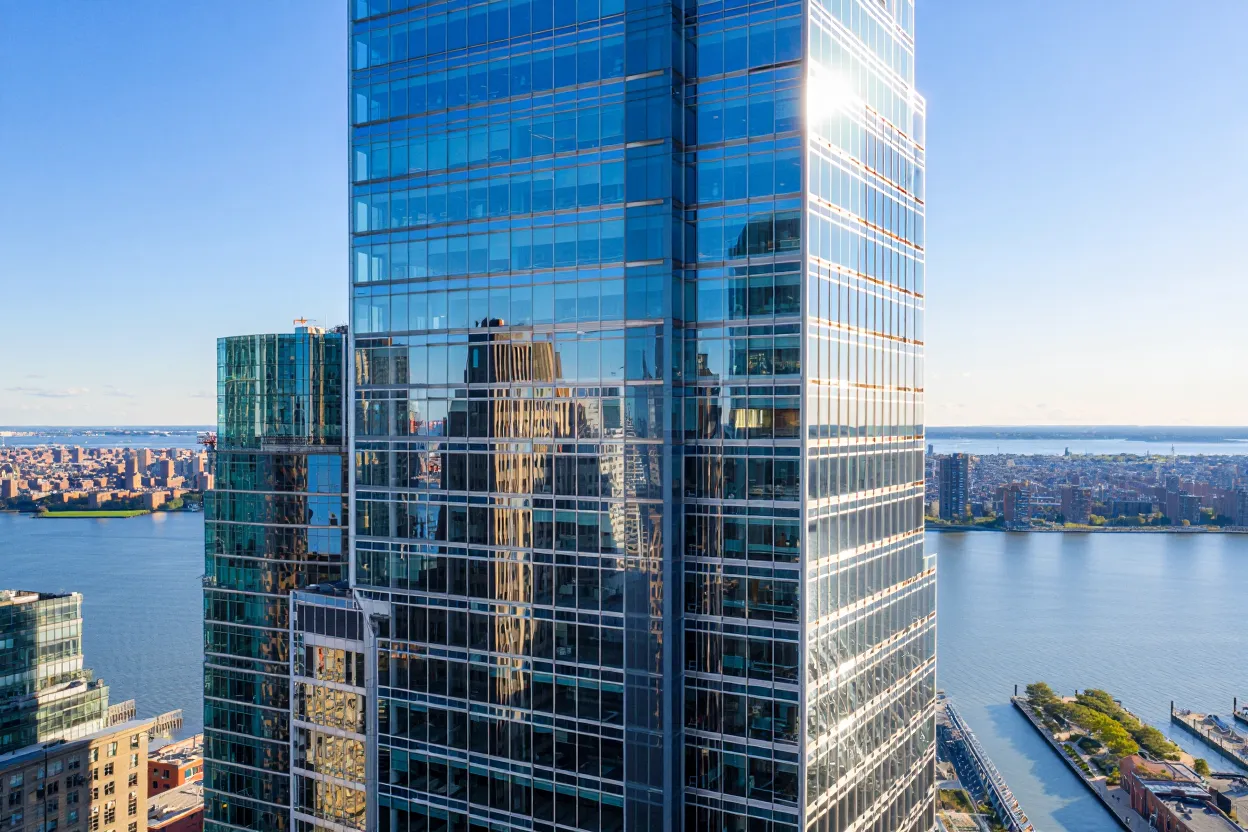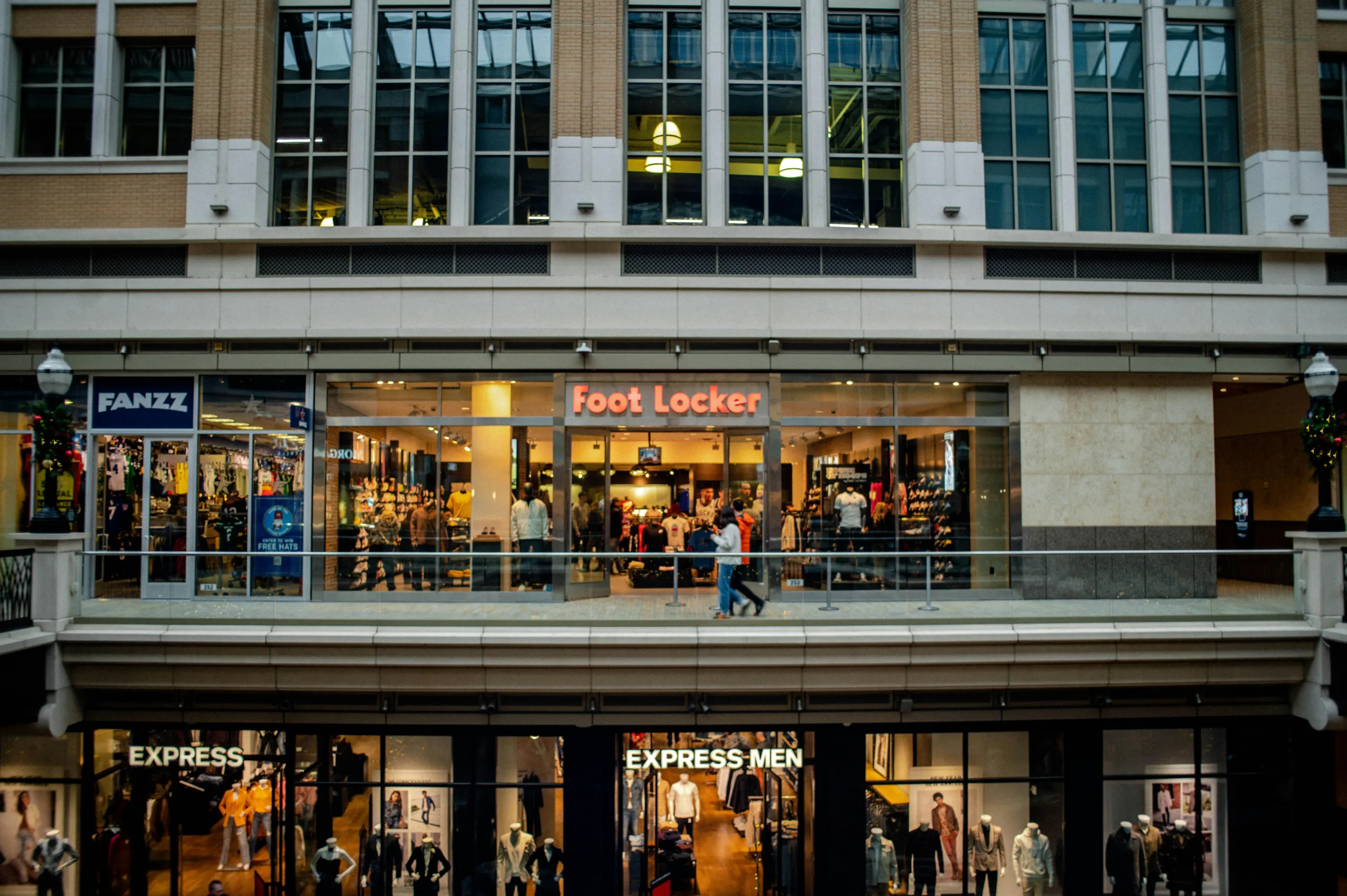- Ballast Investments and Carlyle Group purchased an 86-unit building in Pacific Heights for $31.9M, reflecting growing investor confidence in San Francisco’s high-end rental market.
- The city’s apartment rents are rising faster than any other US market, driven by the AI boom, return-to-office mandates, and a lack of new housing supply.
- This marks the partnership’s third multifamily acquisition in recent months, as institutional investors bet on long-term rent growth in supply-constrained submarkets.
Investors Double Down On SF Rentals
Ballast Investments and the Carlyle Group are continuing their strategic push into San Francisco’s tight housing market, reports CoStar. They recently purchased Grosvenor Court, a 10-story multifamily building at 2055 Sacramento Street. The Pacific Heights property sold for $31.9M after longtime ownership by Grosvenor Properties since its 1975 opening.
The acquisition reflects renewed interest in San Francisco’s apartment sector. Rents have rebounded sharply in the past year, now averaging over $3,300 per month—second only to New York City. The city has registered the fastest-growing rental prices in the US, according to CoStar.
Market Forces At Play
The purchase underscores how investor sentiment is shifting as San Francisco’s rental demand outpaces supply. Ballast’s cofounder and CEO Greg MacDonald said the deal aligns with the firm’s focus on “high quality multifamily investments in tightly held, supply-constrained submarkets.”
Tech-driven demand is central to this trend. The AI boom and hybrid work policies have brought a wave of young professionals back to the city. High home prices and mortgage rates have priced many out of the ownership market, putting more pressure on rental housing.
Multifamily vacancies in the city hover just above 4%, far below the office vacancy rate, which remains stubbornly above 23%.
Get Smarter about what matters in CRE
Stay ahead of trends in commercial real estate with CRE Daily – the free newsletter delivering everything you need to start your day in just 5-minutes
Supply Constraints Add Pressure
Despite surging demand, new apartment construction has not kept pace. San Francisco approved just 1,074 new units in 2024, the lowest number in over a decade and well below state housing goals. Challenges such as high construction costs, financing hurdles, and lengthy permitting processes have all contributed to the slowdown.
Back in 2019, around 25K units were under construction across the Bay Area. That figure has since shrunk, further fueling the mismatch between housing demand and availability.
A Broader Acquisition Strategy
The Grosvenor Court deal follows two recent Ballast and Carlyle acquisitions in Nob Hill and Pacific Heights totaling over $25M. Both buildings were 95% leased at the time of sale, suggesting strong tenant demand in core neighborhoods.
With over 7,700 units nationwide, Ballast is positioning itself as a major player in San Francisco’s rental resurgence, targeting legacy buildings in high-barrier-to-entry neighborhoods that are poised for rental growth.
Why It Matters
The investment strategy by Ballast and Carlyle reflects a broader shift among real estate investors: betting on resilient, urban multifamily assets in high-demand tech markets, even as office and retail sectors remain uncertain. With San Francisco’s rental market rebounding, institutional capital is targeting one of the most supply-constrained housing markets in the country.















